Oslo, 25-27 August 2024
As a significant step forward in achieving ASEAN’s journey towards net zero, the ASEAN Climate Change and Energy Project Phase II (ACCEPT II) successfully conducted a series of capacity building activities and stakeholder engagements through its study tour programme – ASEAN’s Journey to A Net Zero Future – an energy-climate study visit to Norway and Germany. The first study visit, held in November 2023, focused on Norway, specifically Oslo and Bergen, recognising Norway’s pivotal role as a global leader in energy-climate policy and technology. Norway’s ambitious commitment to becoming a low-carbon society by 2050, with a target of reducing greenhouse gas emissions by 90-95% from 1990 levels, has positioned the country at the forefront of renewable energy transition and carbon capture and storage (CCS) technologies. This visit highlighted Norway’s significant contributions to the global energy transition through its innovative policies, cutting-edge technologies, and strong international collaborations. Building on this progress, ACCEPT II has expanded its scope to include Germany, the world’s first major renewable energy economy, further exploring opportunities for knowledge exchange and collaboration
In cooperation with the Norwegian Institute of Foreign Affairs (NUPI), the study tour aimed to promote information sharing on the energy-climate nexus, aligning with the implementation of the ASEAN Plan of Action for Energy Cooperation (APAEC) Phase II: 2021-2025 on Programme Area No.6: Regional Energy Policy and Planning.
The Study Tour Program, titled ASEAN’s Journey to A Net Zero Future took place from 25 to 31 August. The first three days were spent in Norway, with the remaining days were held in Germany. The five-day study tour was attended by:
| Country | Name |
Position |
| Brunei Darussalam | Hamizah Hasnan | Special Duties Officer II , Brunei Climate Change Office, Prime Minister’s Office of Brunei Darussalam |
| Siti Hawa Anuar | Economic Officer, Department of Energy, Prime Minister’s Office of Brunei Darussalam |
|
| Cambodia | Dr Chhuon Sambath Ratanak | Director, Department of Technique and Energy Business Policies Ministry of Energy and Mines of Cambodia |
| Indonesia | Muhadi | Deputy Director of Electricity Transmission Planning, Directorate General of Electricity, Ministry of Energy and Mineral Resources of Indonesia |
| Lao PDR | Dr Soukvisan Khinsamone | Deputy Director General, Department of Planning and Cooperation, Ministry of Energy and Mines of Lao PDR |
| Malaysia | Dr Ida Syahrina | Undersecretary (Energy Efficiency), Ministry of Energy Transition and Water Transformation of Malaysia |
| Philippines | Desiree Joy C. Solis | Senior Science Research Specialist, Department of Energy of Philippines |
| Thailand | Nuchanat Pakpleenok | Plan and Policy Analyst, Professional Level, Ministry of Energy of Thailand |
| Vietnam | Nguyen Thi Thuy | Expert in International Cooperation in Energy Sector, Electricity and Renewable Energy Authority, Ministry of Industry and Trade of Vietnam |
26 August 2024
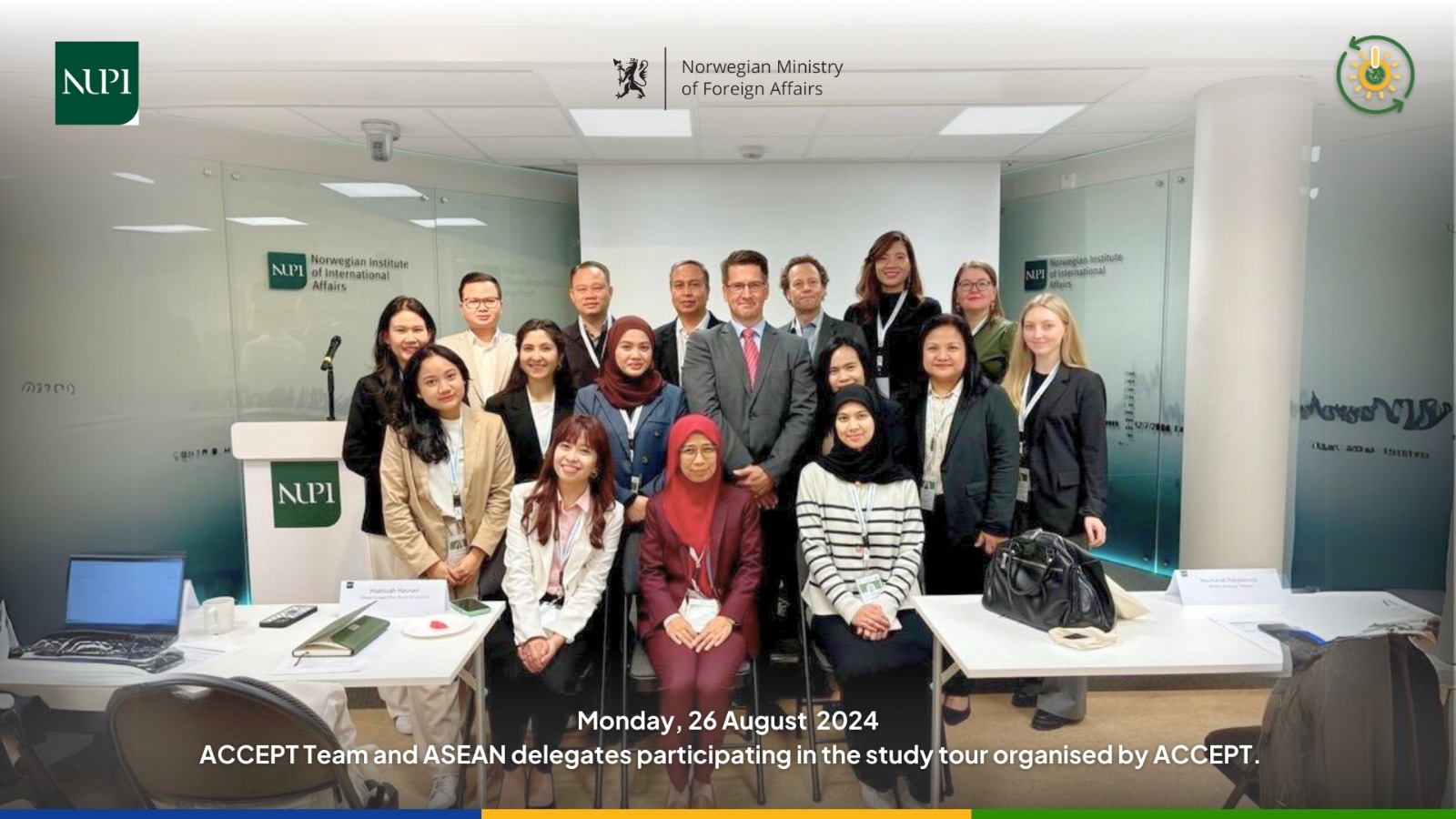
Photo 1. ACCEPT and ASEAN Delegates at Norwegian Institute of International Affairs (NUPI)
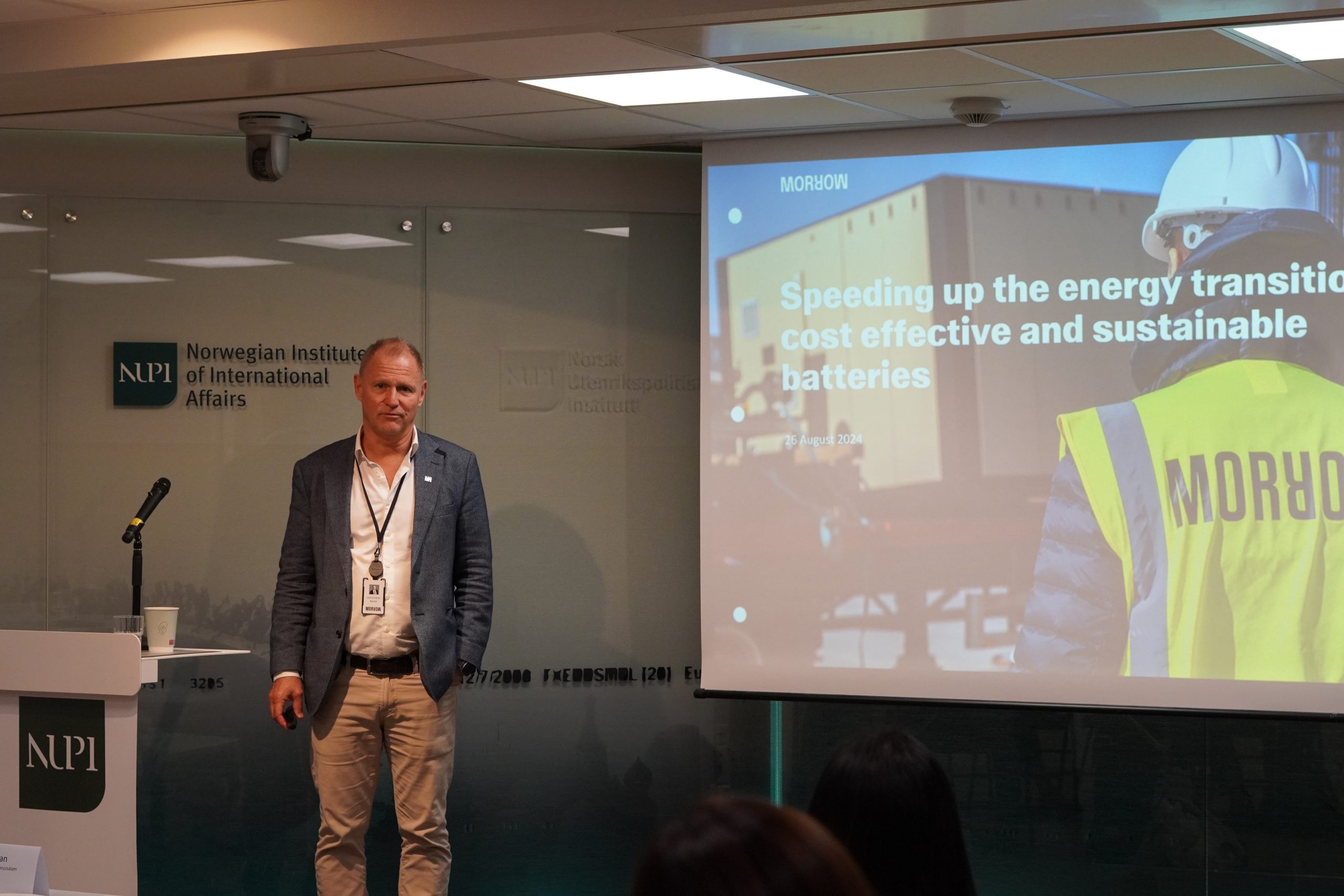
Photo 2. Presentation session from Morrow Batteries at NUPI Headquarters
The ASEAN Delegates spent the first three days in Oslo, Norway. On the opening day, all the delegates were welcomed at the Norwegian Institute of Foreign Affairs (NUPI) by Professor Halvard Leira, Research Director at NUPI. Hanif Falah, the Advisor for ASEAN from the Royal Norwegian Embassy in Jakarta also provided remarks, expressing the full support the study tour and mentioned the full support from the Ministry of Foreign Affairs of Norway to be part of thefor ASEAN’s net zero journey through thise program.
Prof. Indra Overland, Research Professor and Head of Energy and Climate Research at NUPI, also delivered a keynote presentation on on the energy-climate landscape in Norway, highlighting the critical role of energy policy in driving Norway’s renewable energy transition. He also emphasised the role of energy policy as the main driver of renewable energy implementation in Norway. Morrow Batteries was also presented in the opening day. Morrow Batteries is a Norwegian company focused on developing and producing sustainable battery technologies. The company aims to produce low-cost, high-performance batteries with a strong emphasis on reducing the environmental impact throughout the battery life cycle. This session provides additional insights for ASEAN to develop potential energy storage systems as part of the electric vehicle deployment among the regions.
Photo 3. ASEAN Delegates at The Norwegian Agency for Development Cooperation (NORAD)
Moving aside from NUPI’s office, the delegates got the change to visit The Norwegian Agency for Development Cooperation (NORAD), a specialized directorate under the Norwegian Ministry of Foreign Affairs, responsible for managing Norway’s official development assistance (ODA) and promoting international development. Norad’s work is closely aligned with the United Nations’ 2030 Agenda for Sustainable Development and its SDGs, focusing on fostering long-term, inclusive, and sustainable development. As a major global donor, Norway, through Norad, is also particularly active in supporting climate change mitigation and adaptation efforts, especially in forestry and renewable energy. In this session, it is highlighted that having political dialogues as well as stakeholders’ engagements are prominent in achieving the alignment between the national governments and funding institutions. Not only on the energy sector, NORAD also allocates the funding into oceans and nature and climate sector.
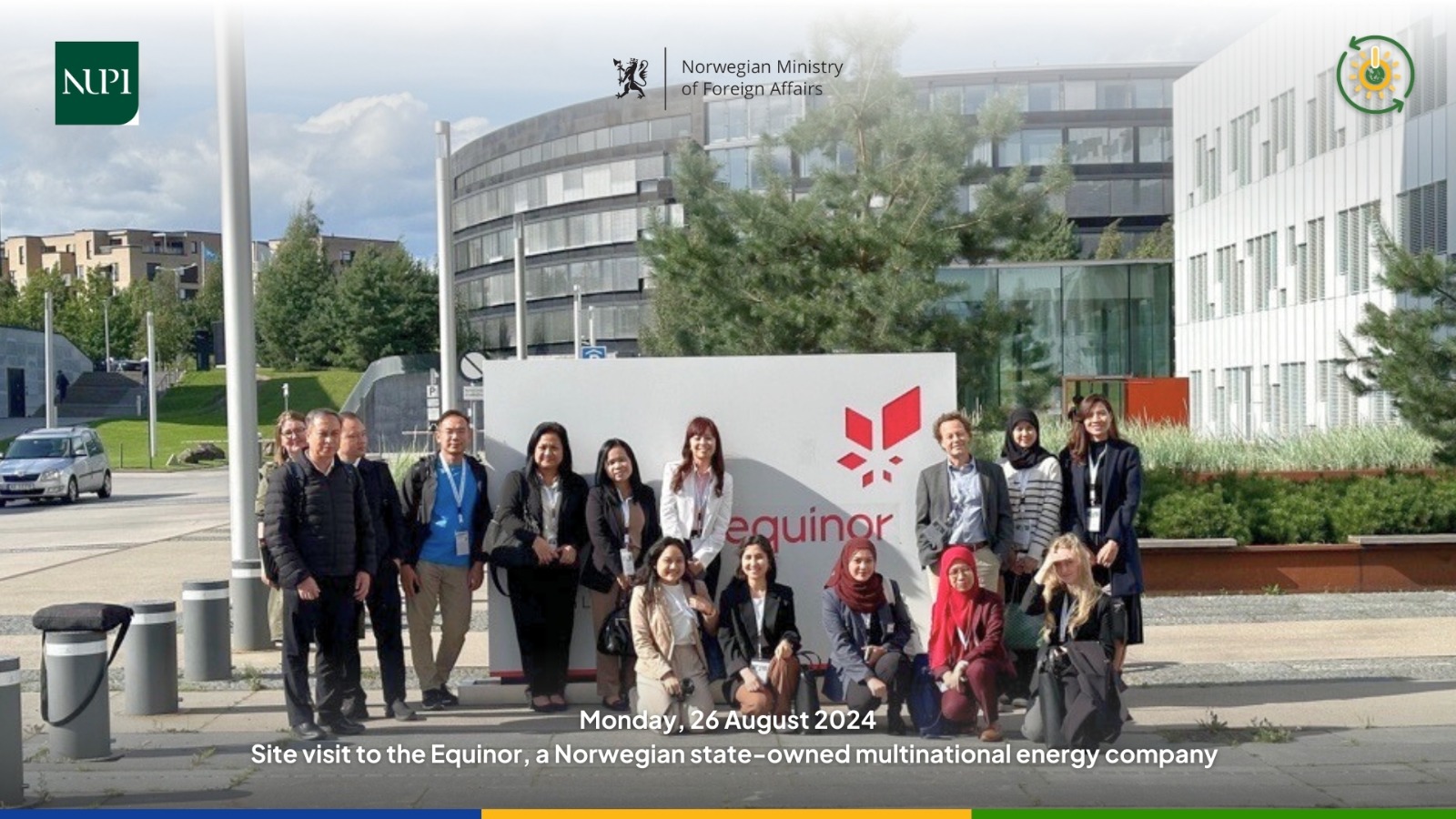
Photo 4. ASEAN Delegates and ACCEPT II Team visiting Equinor, Norway’s multinational energy company.
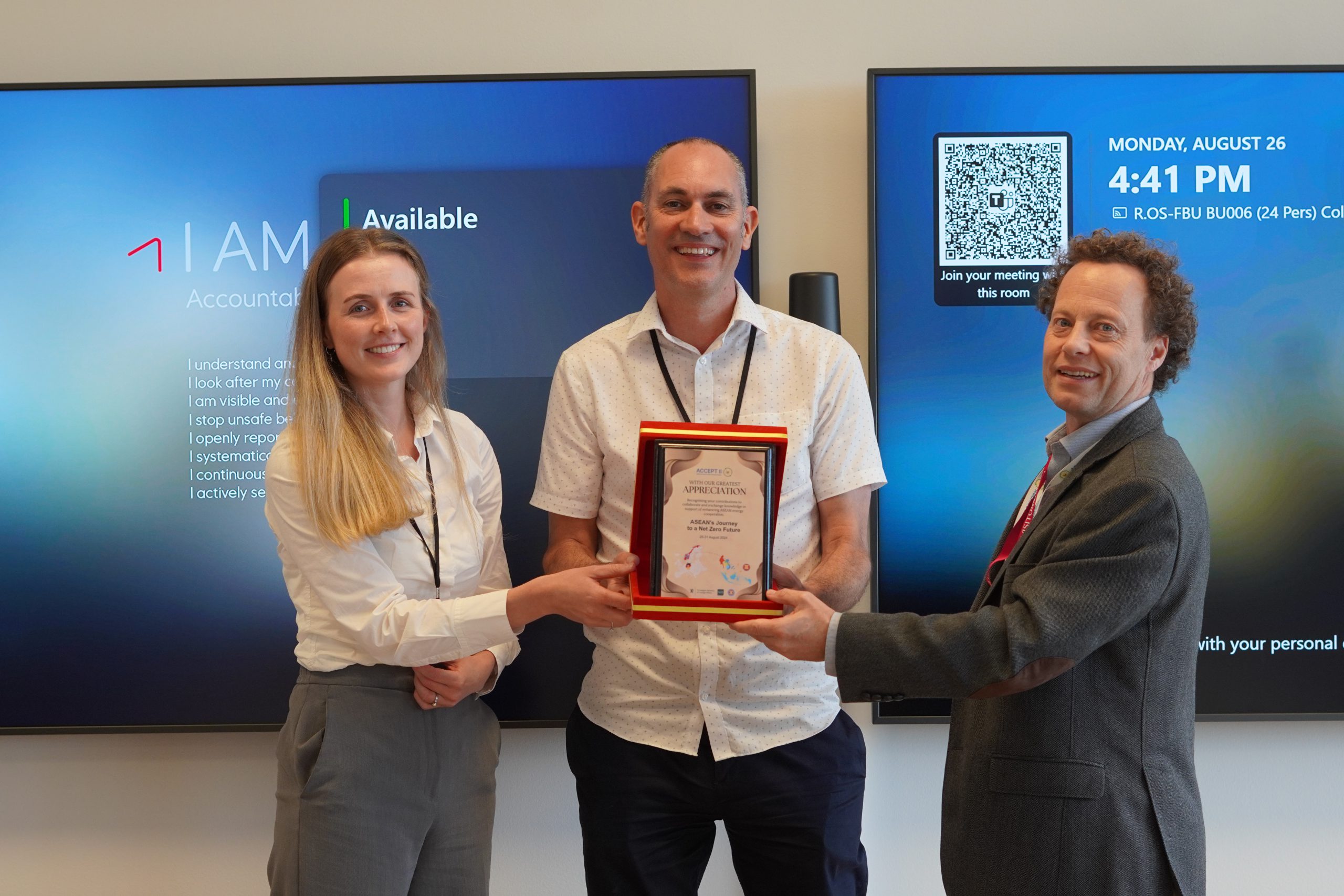
Photo 5. NUPI representatives presenting a plaque of appreciation on behalf of ACCEPT II.
The final stop of the day was a visit to Equinor, Norway’s largest energy company and a leader in CCS technology. Introducing CCS initiatives like Northern Lights, Equinor aimed at capturing and storing CO₂ under the seabed of the North Sea. In this session, Alun Williams, Climate Advisor, Exploration and Production International and Kristin Muller Thomassen, the Management Assistant to SVP Sustainability shared their perspectives on how Equinor has shaped its contribution towards the renewable energy and climate-technologies related sector. The topic around hydrogen was discussed in this session, especially on existing gap for the commercialised product. On its contribution to the establishment of CCS technology, the company is also taking part in shaping the safety policy development together with the government.
27 August 2024
On the second day of the study tour, ACCEPT the delegates met with Hafslund Oslo Celsio to bring their innovation on waste-to-energy technology. The company is well-known for providing the largest district heating company in Norway, supplying sustainable heat and energy to Oslo through a district heating network. It plays a critical role in the city’s energy transition and decarbonisation efforts, focusing on sustainable energy production and reducing carbon emissions. Moreover, the company operates one of Norway’s largest waste-to-energy plants, where household and industrial waste is incinerated to produce heat for the district heating network. The facility also generates electricity. Within its contribution, Hafslund Oslo Celsio at the same time also holds significant role in reducing waste and promoting circular economy practices. In addition of that, one of the most innovative aspects of Hafslund Oslo Celsio’s operations is its pioneering involvement in carbon capture and storage (CCS). The company is a central partner in the CCS project at Klemetsrud, one of the first large-scale waste-to-energy plants in the world to integrate CCS technology. The goal is to capture and store CO₂ emissions generated during the waste-to-energy process, significantly reducing Oslo’s carbon footprint. The project is part of Norway’s broader Longship CCS initiative, which aims to develop a full-scale CCS chain, including CO₂ capture, transport, and storage. The international collaboration of CCS implementation illustrates the significant effort of reducing carbon emissions in between countries.
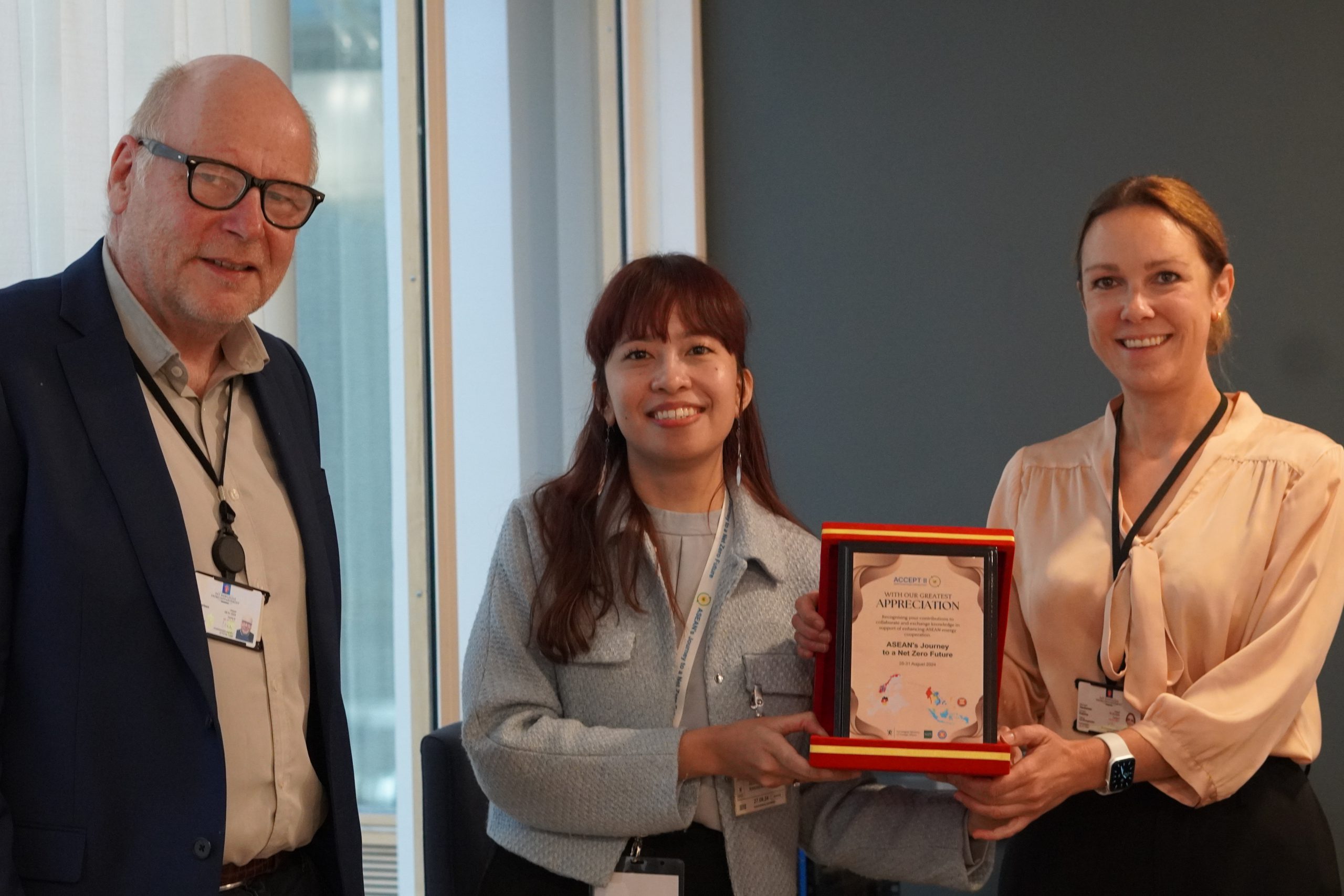
Photo 6. Jostein Dahl Karlsen (left) and Katrine Haukenes (right), Senior Advisors at the Ministry of Energy of Norway, receiving a plaque of appreciation from Aldilla Rakhiemah, Senior Research Analyst of ACCEPT II (center).
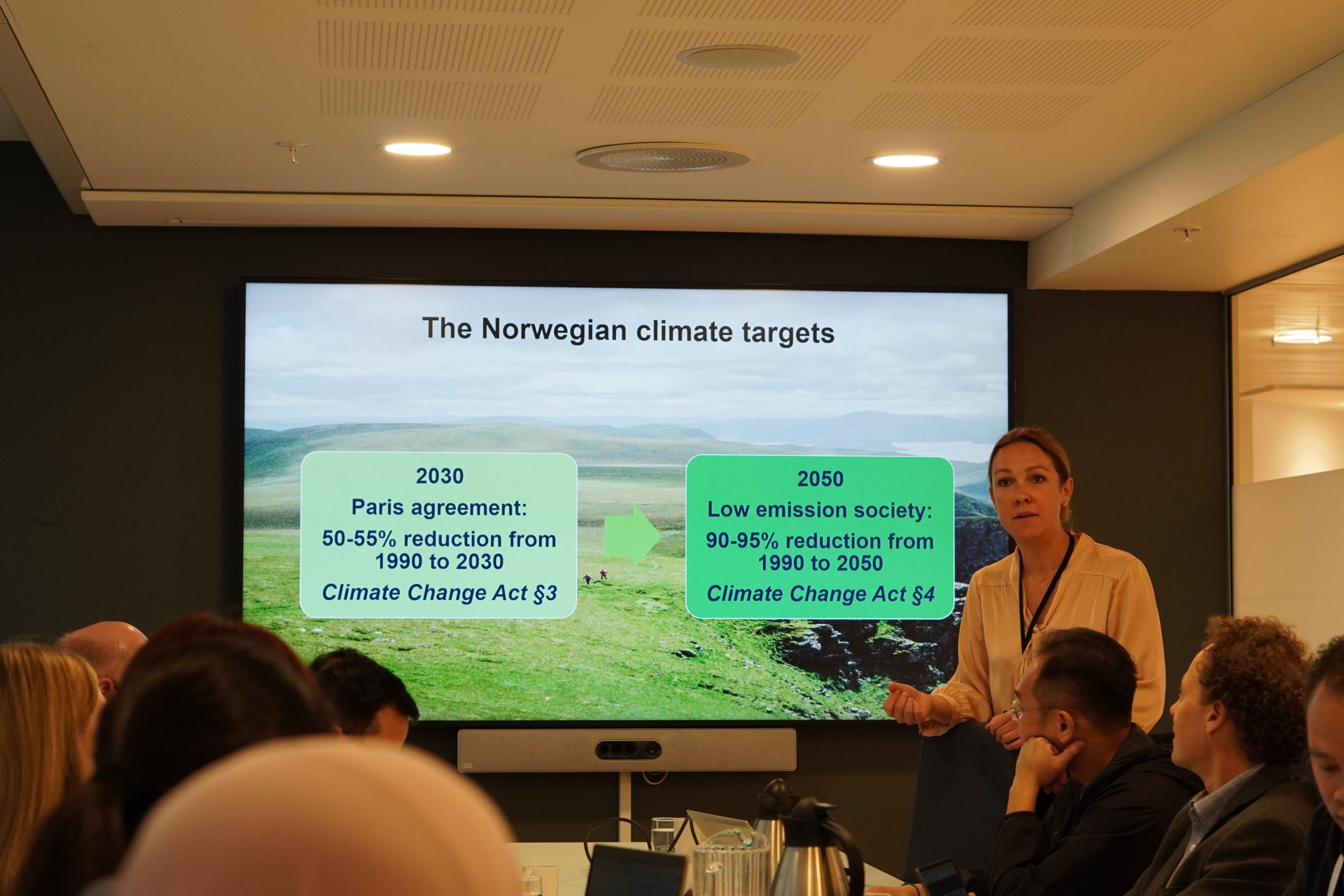
Photo 7. Katrine Haukenes, Senior Advisors at the Ministry of Energy of Norway, delivering a presentation.
The delegates then visited the Ministry of Energy of Norway, and welcomed by Senior Advisors Jostein Dahl Karlsen and Katrine Haukenes. Norwegian climate policy is well-known for its ambitious emissions reduction targets and the leading role in carbon capture and storage (CCS) technology. The country has committed to become a low-emission society by 2050, aiming for a 90-95% reduction in greenhouse gas emissions from 1990 levels, as stated in its Climate Change Act. The Longship project, a pioneering CCS initiative, is one of the largest of its kind globally, aiming to capture and store CO₂ from industrial sources under the North Sea. As the first country to implement carbon taxes, Norway balances its roles a major energy producer with its strong environmental commitments, positioning itself as a leader in the global energy transition. In this session, ASEAN Delegates and the Ministry of Energy exchanged the knowledge, regulation, and existing issues that could hindered the region in achieving the climate targets. It is also acknowledged that Norway is investing heavily in research and development and regulatory frameworks to ensure sustainable energy development, leveraging its natural resources and technology to maintain competitiveness while contributing to global emissions reduction.
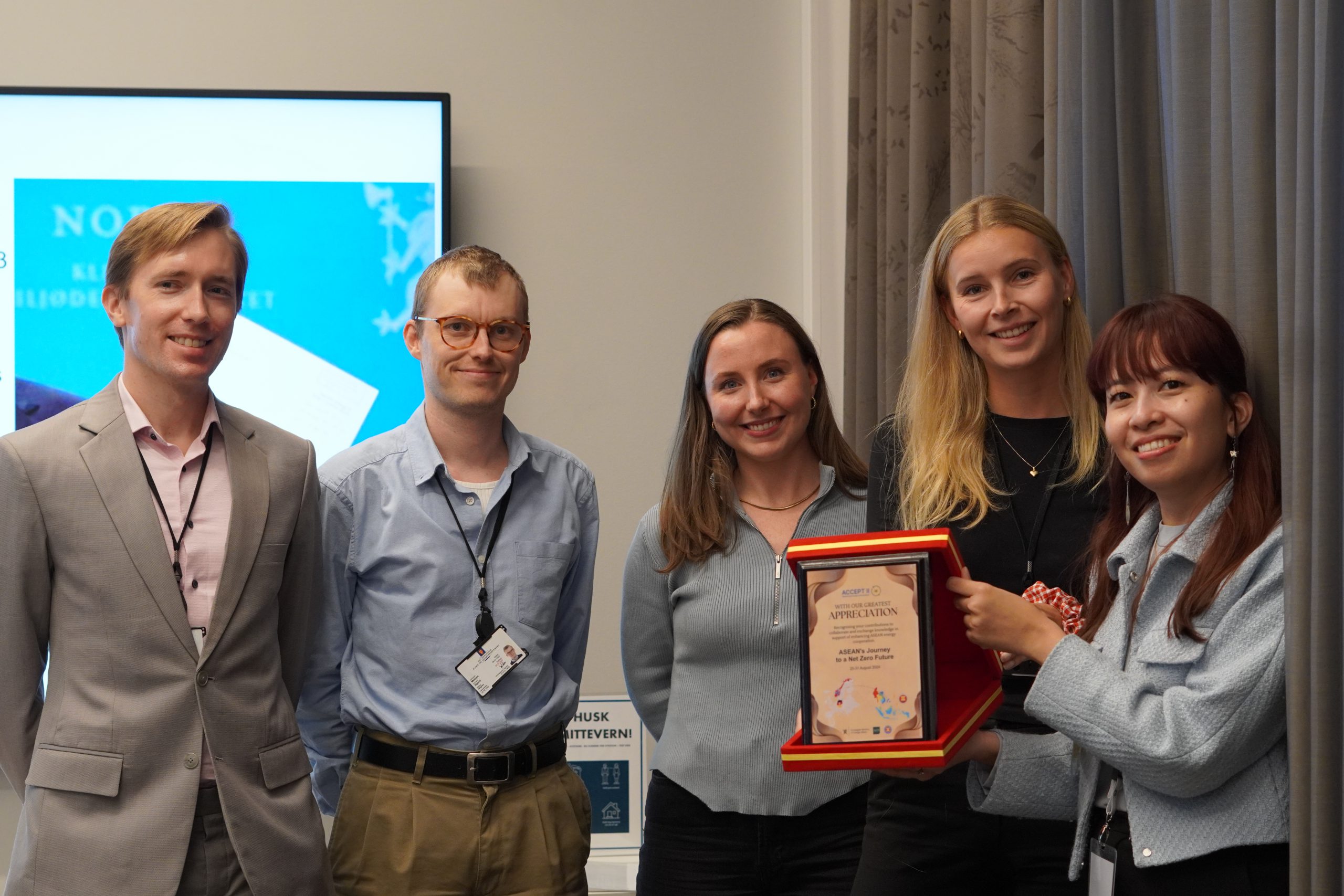
Photo 8. Aldilla Rakhiemah, Senior Research Analyst of ACCEPT II (right) presenting a plaque of appreciation to representatives from the Ministry of Climate and Environment of Norway.
Finally, the delegates had the opportunity to visit the Ministry of Climate and Environment of Norway. The ministry is well known for its prominent role in shaping the environmental protection, climate change mitigation, and the promotion of sustainable development. The ministry plays a key role in formulating and implementing Norway’s climate and environmental policies, with a focus on achieving the country’s ambitious climate goals, including becoming a low-emission society by 2050 and meeting commitments under international agreements like the Paris Agreement. In addition to initiating, developing and implementing its own measures and actions, the Ministry also acts as promoter and coordinator to ensure that the authorities in the various sectors implement the environmental policies in their particular areas. In this session, the delegates were discussing about the integration and synchronization of energy-climate measures between two ministries to create a comprehensive regulatory framework in energy and climate sector. It is also concluded that a coordination body between ministries and also sharing session is necessary to be implemented in ensuring the similar perspectives for both institutions.
28 August 2024
On the third day, the ASEAN delegates prepared for their onward journey to Germany for the next institutional visits. The Germany leg of the tour took place from 29 to 30 August 2024, featuring visits to key energy-climate institutions and in-depth discussions.
(IP)
Detailed information on ACCEPT II can be found at https://accept.aseanenergy.org/
Follow our social media to stay updated on ASEAN’s energy-climate nexus and ACCEPT activities.
Instagram: instagram.com/asean_accept
X: x.com/asean_accept
We welcome any future collaboration, please feel free to contact us at [email protected]